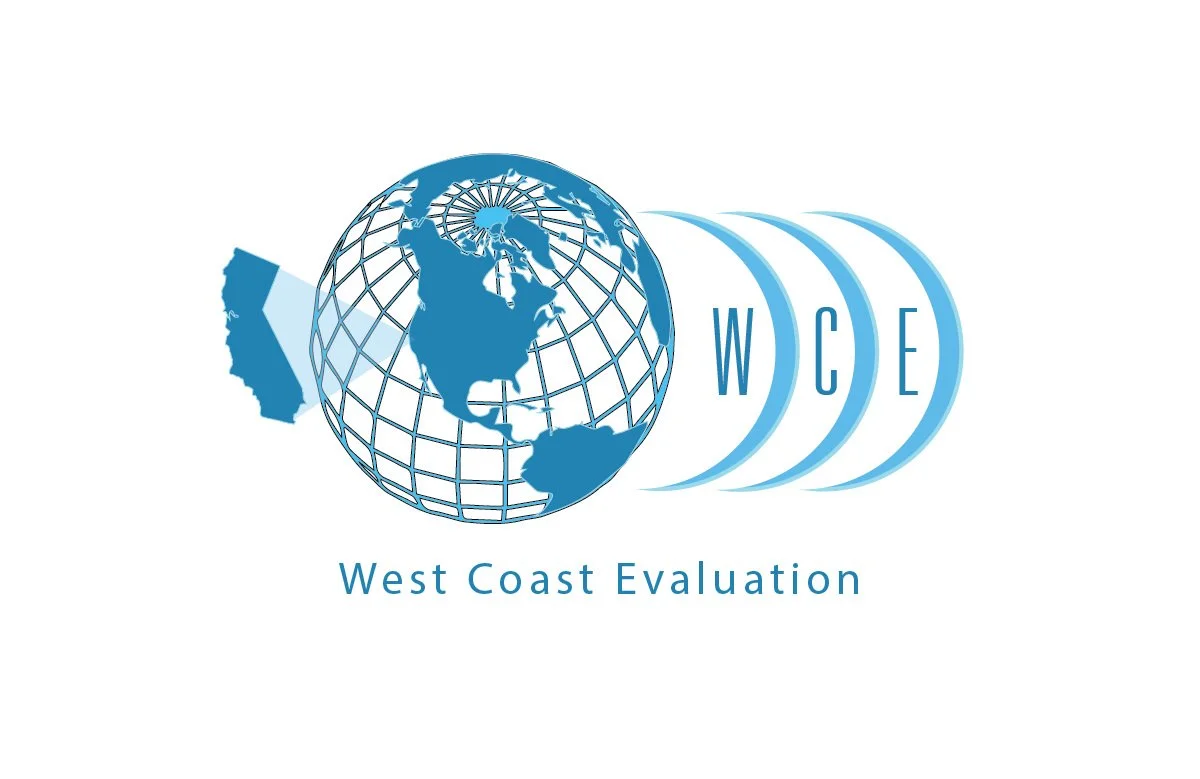What’s It Cost? Appraisal Audits That Kill Deals—What Lenders, Lawyers, and Listing Agents Are Afraid You’ll Find
One appraisal error. One bad comp. One false square foot. And your deal’s dead. This is the audit they pray you never request.
One comp error. One false square foot. One bad appraisal. Here’s what they missed, and why an audit could save your deal, or expose the whole game.
There’s a secret drawer in every deal. In it: the appraisal. Most people glance at it. Few understand it. Even fewer question it. And that’s exactly how bad appraisals slip through the cracks and destroy deals, settlements, investments, and reputations.
We call them appraisal audits. Others call them deal breakers. Because when we step in and dissect an existing appraisal—line by line, comp by comp, measurement by measurement—we usually find something. And what we find isn’t just a clerical error. It’s the reason a refi failed. The reason an estate was undervalued was. The reason a buyer walked. And yes, sometimes it’s the reason someone gets sued.
Let’s be blunt. Most appraisals are rushed. Pulled from outdated templates. Comps are cherry-picked to hit a number instead of revealing the truth. Square footage is lifted from public records without verification. The neighborhood boundaries? Conveniently stretched to grab a better sale across the wrong side of the freeway. And if it’s a private lender or fast-close situation, don’t even expect interior photos, they’re “drive-bys” with consequences.
When we audit an appraisal, we’re not looking to nitpick. We’re looking to protect. We’ve found million-dollar properties evaluated using sales from inferior zip codes. We’ve seen income properties valued using a sales comparison method instead of the correct income approach. We’ve seen garages counted as living space. Illegal units are counted as rentable. And in one case, we found the entire measurement was inflated by over 200 square feet. That appraisal went straight to litigation.
Appraisal audits aren’t about mistrust. They’re about verification. Because when money, family, or freedom are on the line, trust without proof is a liability.
Our audit process is forensic. We recreate the valuation with fresh data. We confirm all measurements with ANSI standards. We pull correct, current comps—without bias. We check MLS data against public records. And we document every inconsistency with hard, visual evidence. What you get is a report that either confirms the appraisal you were given or exposes it. Probate appraisals require a different process — see how we handle it.
💡 Insider’s Edge: Many real estate attorneys now recommend third-party audit reviews for high-value cases, especially in divorce, partnership dissolutions, or contested sales. Why? Because the original appraisal often wasn’t built to withstand scrutiny.
🔥 Want in? If you’re serious about protecting your deal, your equity, or your reputation, don’t wait for the fallout.
Call (310) 955‑1147 or email Info@WestCoast-Evaluation.com and say the words:
“Audit this appraisal before it blows up.”
We’ll handle the rest.
Next Episode: What’s It Cost to Challenge a Lowball Appraisal? (And Win)
We’ll show you exactly how to dispute a bad report, who to contact, what evidence to use, and what happens when you call their bluff.



